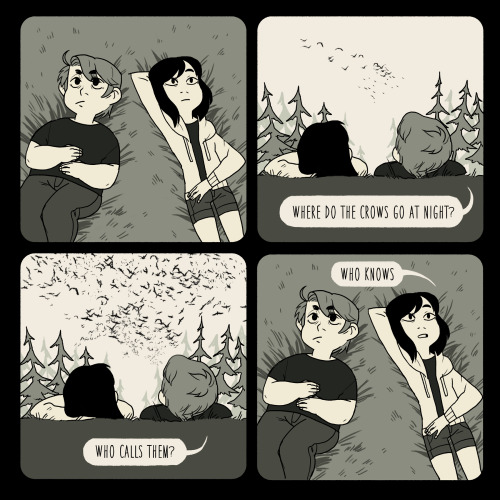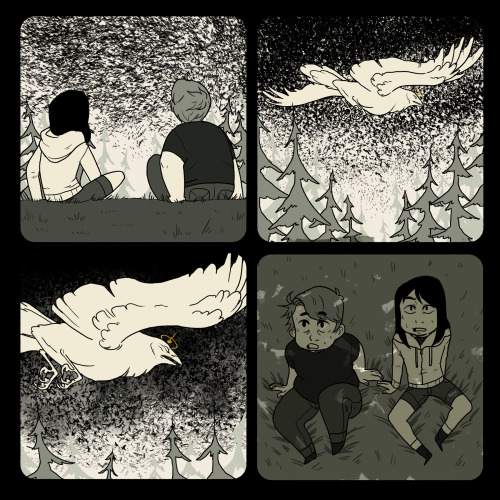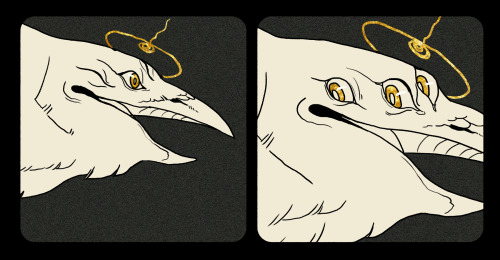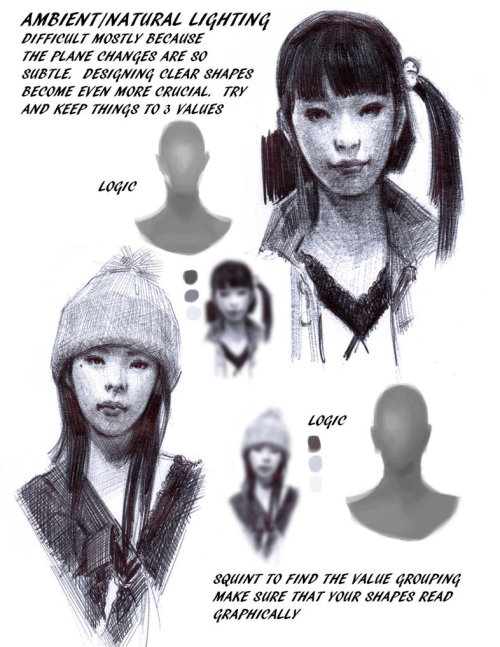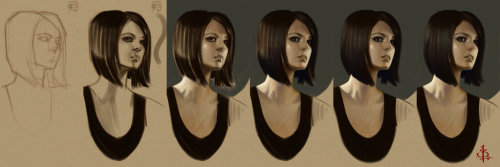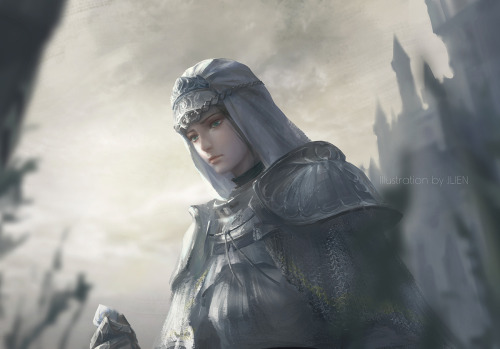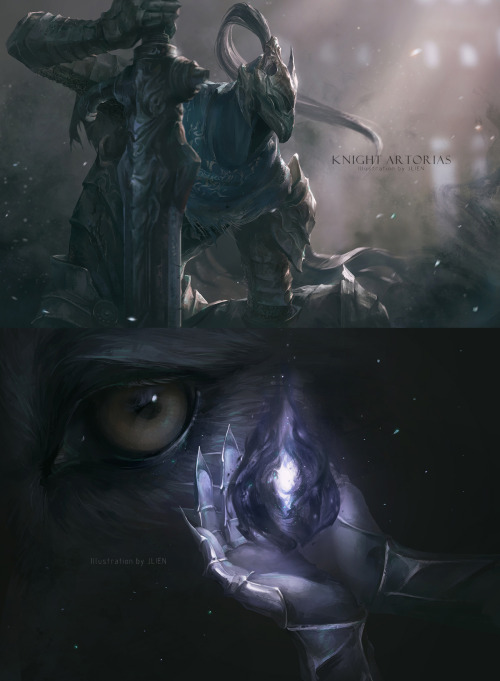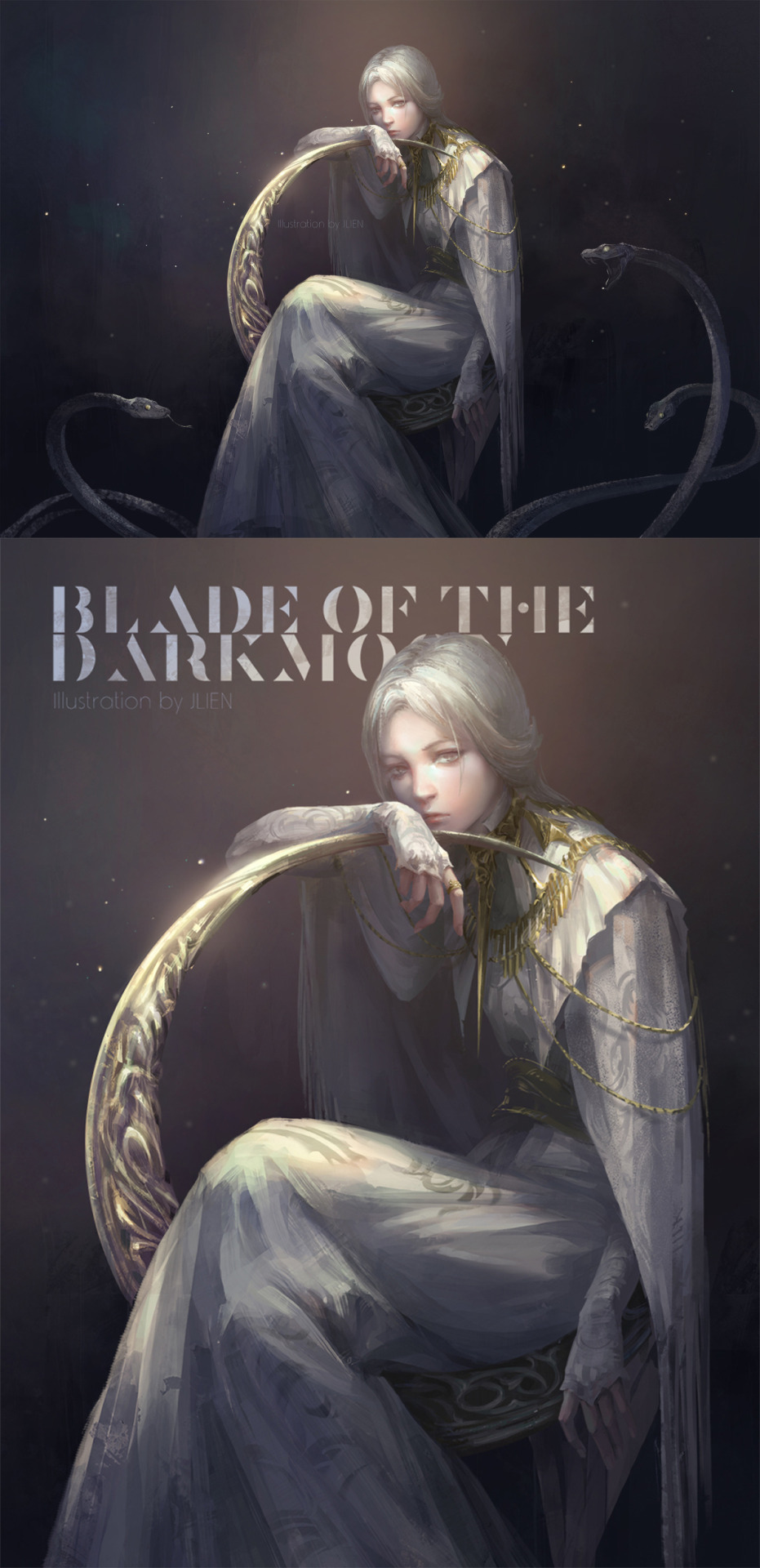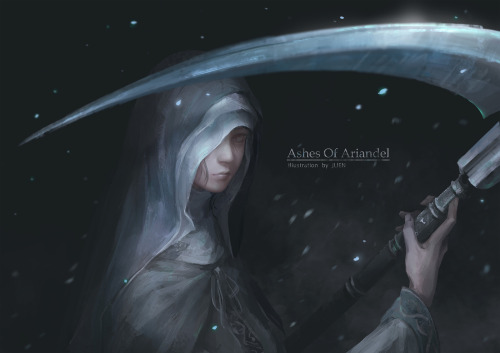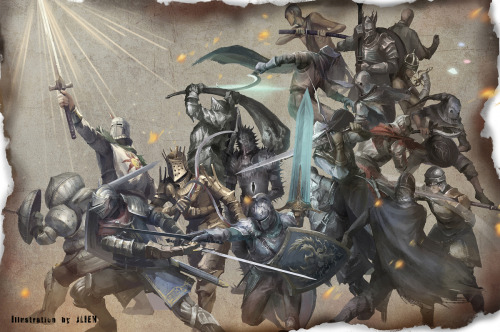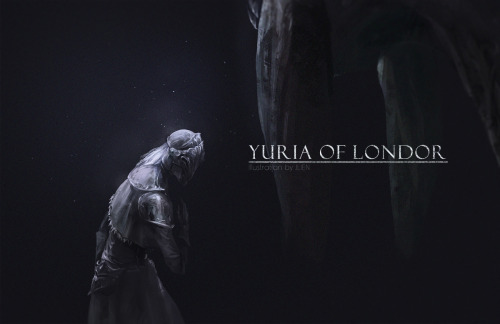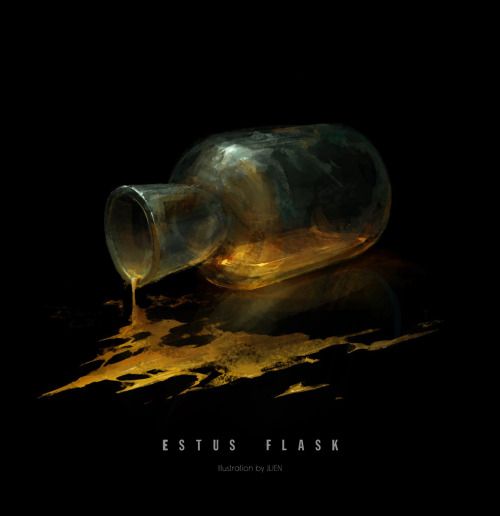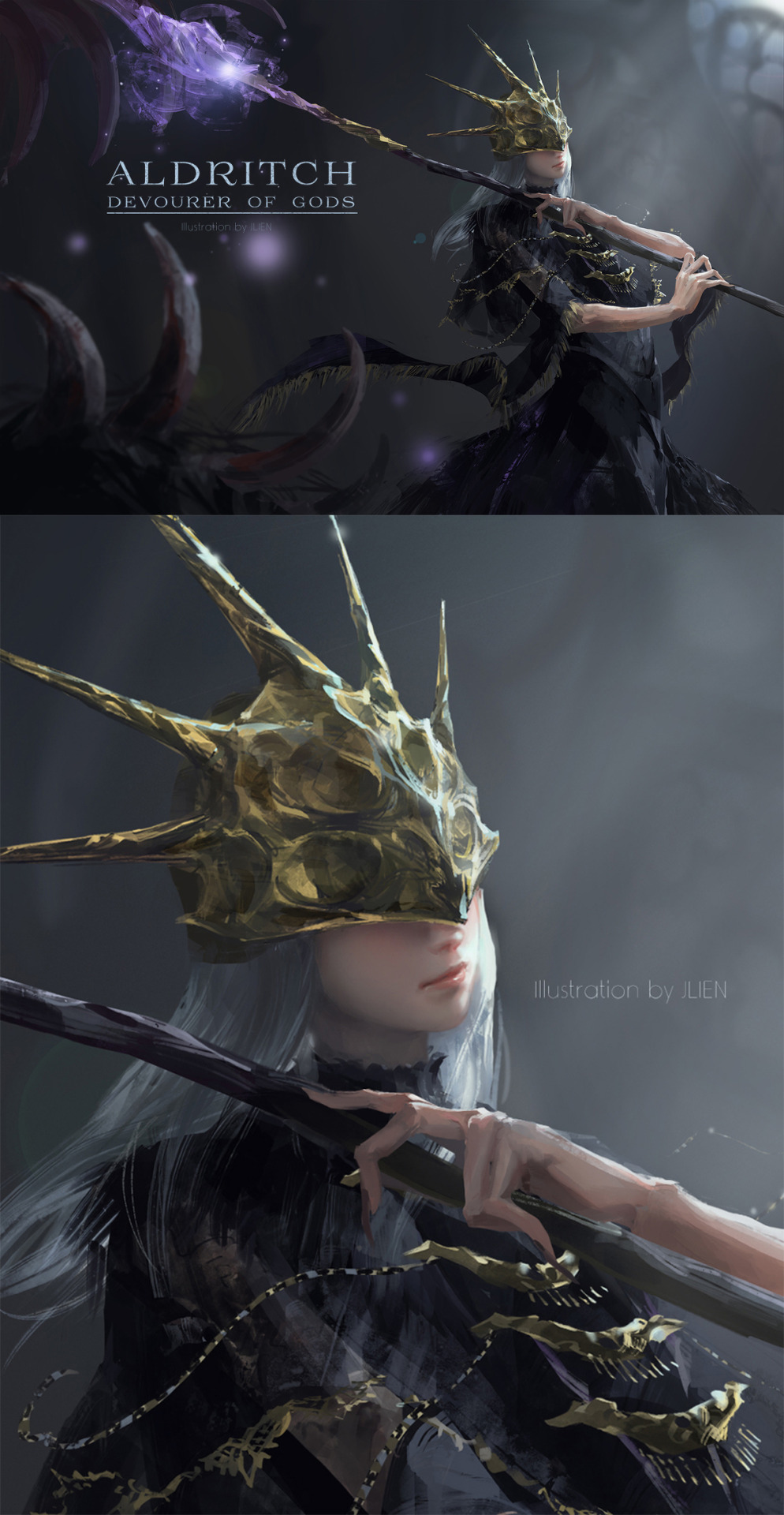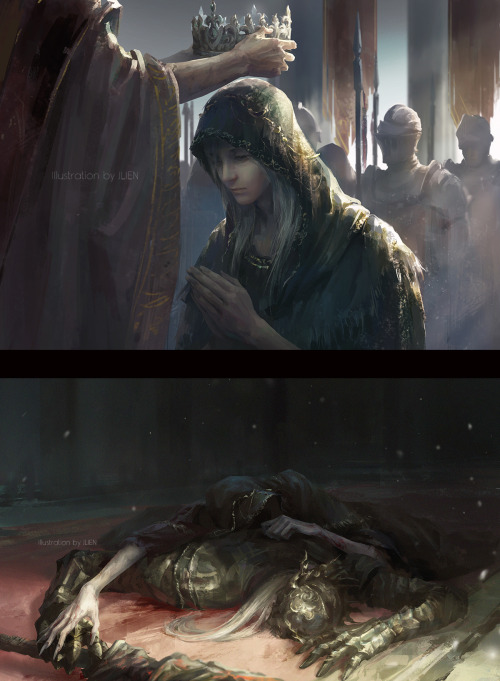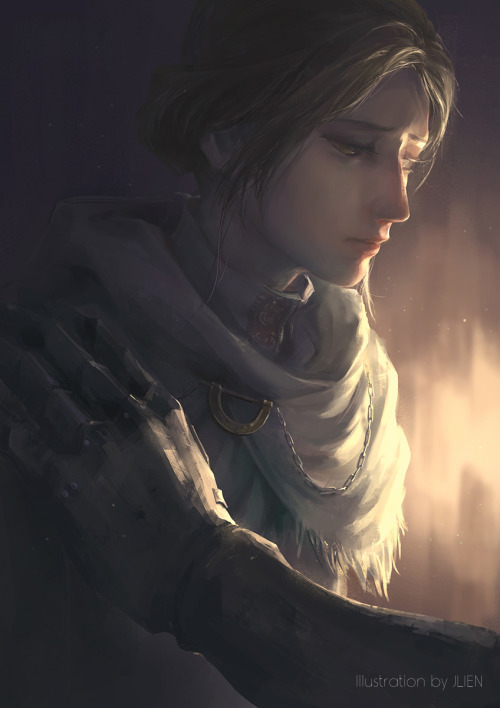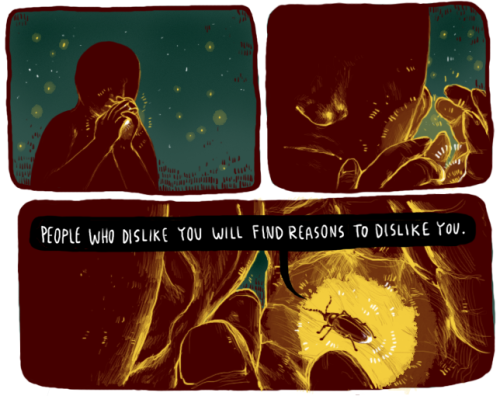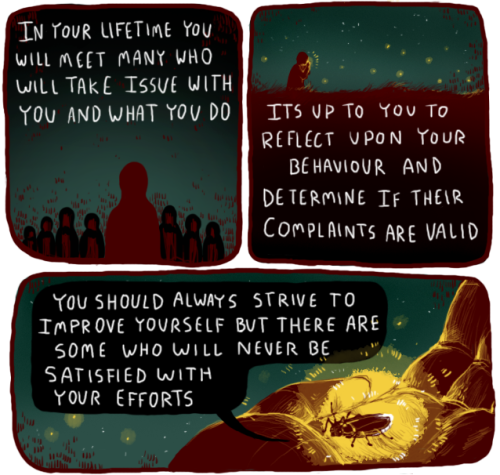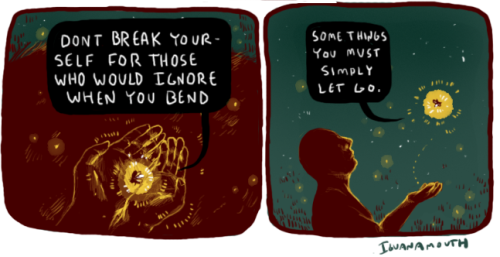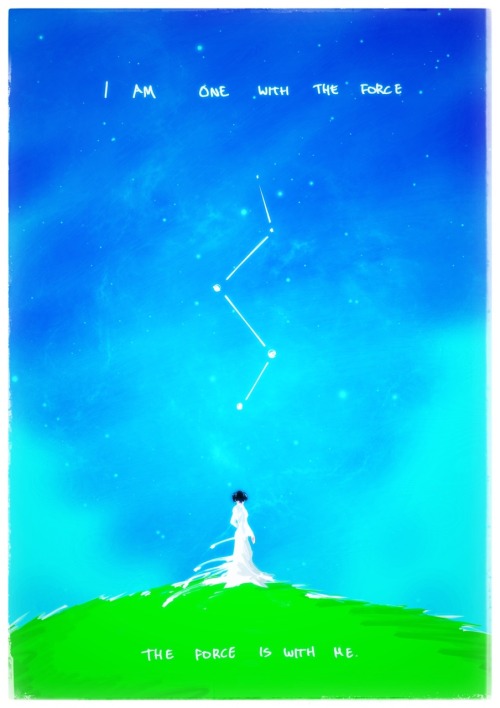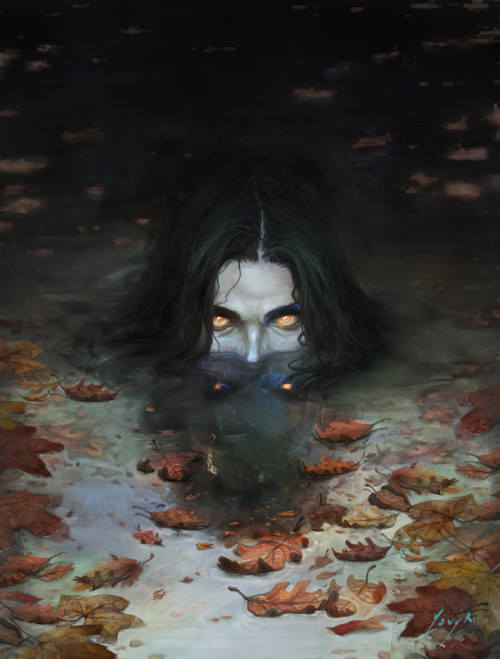208 posts
Latest Posts by othermanymore - Page 3

What a Child of the Forrest would wear, Frank Sorbier
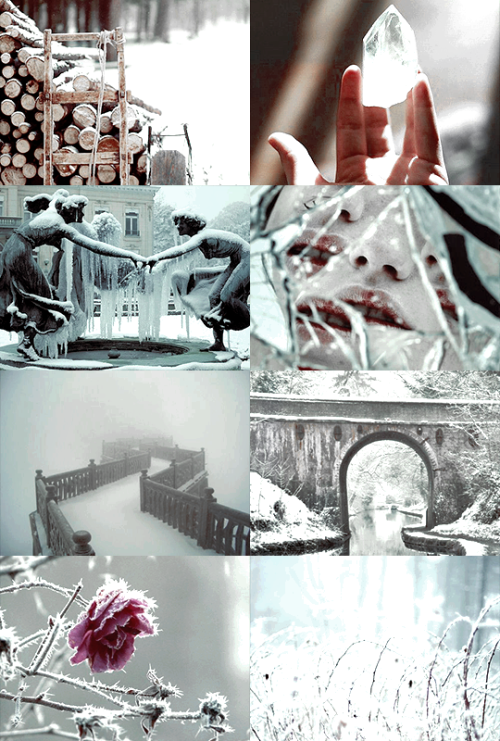

1000 Picspams Challenge | #83 Fairytale Aesthetics | The Snow Queen by Hans Christian Andersen
snow-flakes are quite perfect till they begin to melt
I want a story about a king whose son is prophesied to kill him so the king is like “whatever what am I supposed to do, kill my own kid wtf is wrong with you” so he just raises him as normal, doesn’t even tell him about the prophecy, and instead of some convoluted twist of events that leads to the king’s murder the son grows up and when the king is very old and dying and in excruciating pain the kid is just like alright I'mma put him out of his misery.


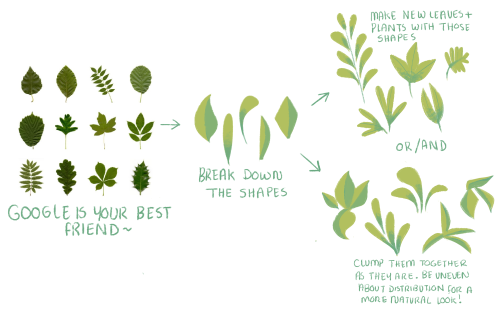

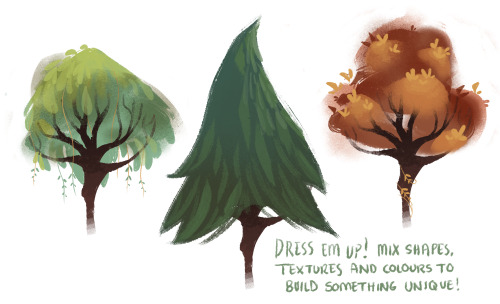

A couple people asked me how I vary my leaves and trees and honestly, it’s super easy! I’ve never made a tutorial/guide before so I kept this mega simple but I hope someone out there might find it useful at least!
Also, anyone can download the brushes I use for all my art on my tumblr page (: I only use around 5 so go nuts haha
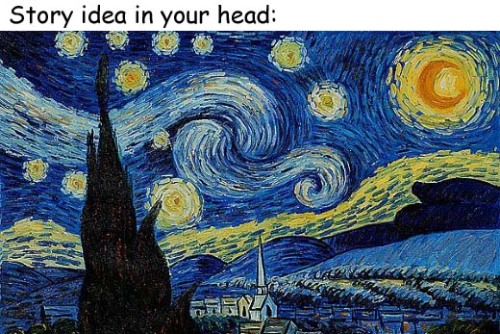
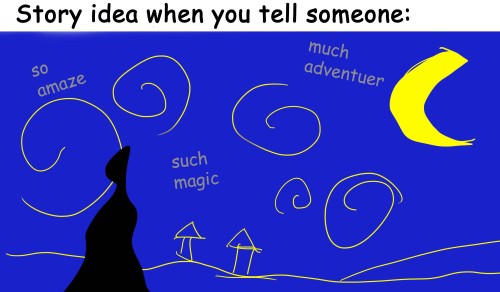










ive never really made a tutorial before but i thought i’d try!
all my portrait paintings are done on a 2000-3000 pixel canvas with 300 dpi using the two brushes shown above with varying opacity
(note: a flat steak brush texture can be found in many basic deviantart paint tool sai brush downloads! don’t worry if it’s not the exact one im using, i have several from different sources and they all generally do the same thing with the right settings)



Ernst Chladni
Klangfiguren, 1787
One of Chladni’s best-known achievements was inventing a technique to show the various modes of vibration of a rigid surface. First published in 1787 in his book Entdeckungen über die Theorie des Klanges, the technique consists of drawing a bow over a (circular, square, or rectangular) plate or membrane whose surface is lightly covered with sand. When stroked, a given plate will resonate at one of its natural frequencies. The sand bounces about on the plate until settling at nodal points (areas of zero movement) thereby producing intricate patterns. These patterns are now called Chladni figures.
Die Akustic, 1802
Nodal lines of vibrating circular or polygonal plates, acording to Chladni and Savart. The breakthrough work acquired a status of foundational work of a new scientific field and earned him a title of “father of acoustics”. It was the first systematic description of the vibrations of elastic bodies. see the full archive on geometrymatters.com

Chalcopyrite, Sphalerite
Cu1+Fe3+S2, ZnS
Locality:
Büschhof Quarry (Schretzmair Quarry), Wirtenbach, Waldbröl, Bergisches Land, North Rhine-Westphalia, Germany
Image width approx. 3.5 mm
Photo by Michael Pfeil

“A house I pass on the way to work has this sculpture in its yard. Its about 8 feet tall.”
(Source)

Hand carved Chinese dark red jade group figure of wild horses. Each horse is finely carved with high detail. Breathtaking translucence to this deep red jade. 19th century.
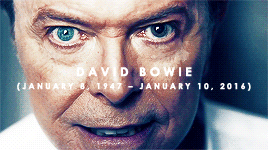

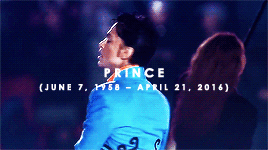

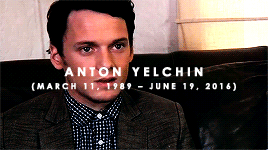
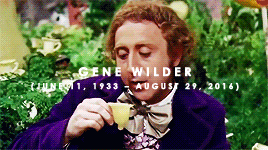

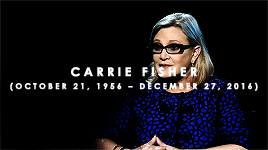
In memory of some of the amazing, talented and beautiful people we have lost this year. May they rest in peace.


good design
Ronia the Robbers Daughter
what a great harpy! i would love to see it in a high budget film
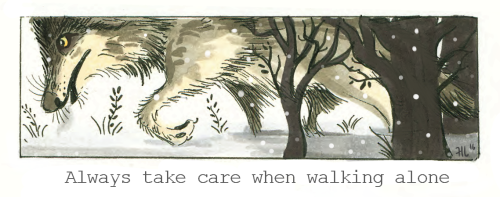
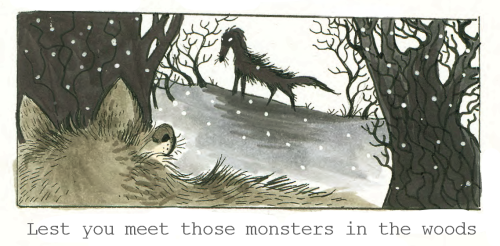
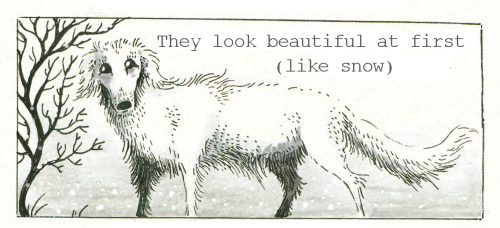
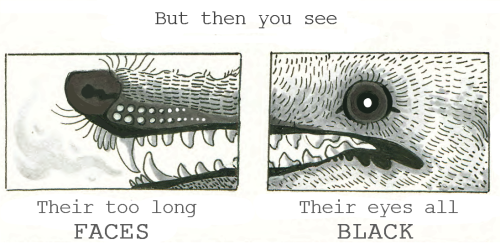
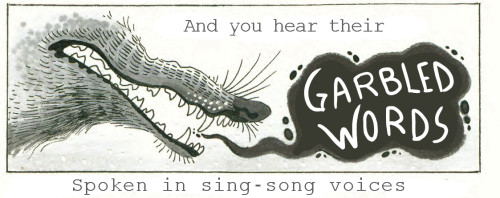
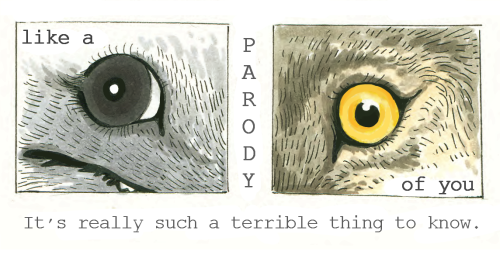
“Lie close,” Laura said, Pricking up her golden head: “We must not look at goblin men, We must not buy their fruits: Who knows upon what soil they fed Their hungry thirsty roots?”
A wolf goes for a walk in the woods and meets a dog for the first time

Malachite, Pseudomalachite
Cu2CO3(OH)2, Cu5(PO4)2(OH)4
Locality:
Mociços Mine, Nossa Senhora da Conceição, Alandroal, Évora District, Portugal
Field of View: 5.4 mm
Arborescent aggregates (like trees) of malachite crystals on pseudomalachite.
Pedro Alves’ Photo



Exercise 49 Results: Leatherworking Step by Step
Artist: Tim Von Rueden (vonn)
Check out the Exercise and Download the Practice Sheet HERE.
When it comes to fantasy concept and illustration work, you would be hard pressed not to include leather of some kind. We see it everywhere in video games, movies, and shows. I believe this material is essential to understand if you want to work in the industry. I personally love working with leather as it’s a textured surface that either has little to no shine, or a pretty defined highlight. You can carve into it to add designs or you can give it seams and stitching to add that extra detail. Learn to love this material as you may be having to create it a substantial amount of time!
stuff i’ve learned about writing after 10 weeks in an MFA program
so as some of you might know, i’m currently going to grad school for writing fiction and creative nonfiction. it’s a well-respected program, fully funded, with fantastic faculty and excellent classes. i’m learning a lot, so i thought even though i’m only just getting started (it’s a 2-year program), i’d share some stuff i’ve learned.
all writing is valid. scribbling a poem onto a cocktail napkin at an awkward family function is just as worthy of careful literary analysis as Faulkner. i’ve read stories and thought this is the worst thing i’ve ever read, i can’t take this seriously and then watched as established, widely published authors and academics provided a thoughtful and thorough criticism of it. treat all writing with respect, your own included.
all research is valid. i went on a rant about BDSM politics in queer culture, and this boy, who looked totally bewildered, asked me what BDSM was. after (hopefully) tactfully explaining it to him, he asked me, “so is that like…your research or something?” to which i replied, “…you could say that.” what i mean is, anything you are curious about is worthy of your attention and curiosity. anything you want to learn is worth learning. there is no such thing as a guilty pleasure when it comes to education.
good writing is a facet of place. the reason i think we believe our writing and research isn’t valid is because we are writing and researching in spaces that are not conducive to our interests. and when we see ourselves not yielding to those which we compare ourselves, it’s easy to think we’re “bad writers.” the key is to find places (publications, platforms, people, etc) that match your aesthetic, somewhere that your work might belong.
think of it this way: if you go to a function filled with foodies in formal wear talking about their yachts, you’re not going to bring celery sticks with peanut butter and raisins. that doesn’t mean ants on a log are a bad snack, but that this party is the wrong place for it. you bring that snack to a kid’s birthday party where you’ll probably have more fun anyway, and suddenly you’re a five-star chef.
don’t conform. take risks. this is something my workshop leader told me when i was concerned about workshopping my novella, and i told her i wanted to “tone it down.” i have gathered that the people who are considered experts in the field of writing are generally all looking for two things in any given work: creativity and whether or not the piece is doing something. (i’ll comment on the latter in the next point.) creativity is about being weird, about making things that don’t exist yet, using your knowledge of the world and filling in all the gaps with your own design. creativity is not about conforming to anyone else’s standards or expectations.
write to “do something” or create a conversation. admittedly i’m pretty accustomed to writing for the sake of self indulgence, which is great for inspiring first drafts but terrible for everything else. i’ve read works where the purpose of them was the complete romanticization or commentary of the self, and while that’s fine for people who already possess considerable ethos (re: celebrities), for people without it, these works aren’t adding to any conversation on any topic besides that writer’s introspection. (note, this is not “bad writing”; it just has a different place, generally a private journal.)
in the world of fanfic, we are all inherently adding to the conversation of a given canon. without that foundation, in the literary world your canon has to become something else: stories about big picture concepts like grief or oppression; stories subverting a popular generalization; stories that give new light to something. genre is thus not about conformity, but having a creative conversation with people who are interested in the same things you are. writing is about inserting yourself into the dialogue, adding to the lexicon of something greater than yourself.
where this breaks down, however, is the idea that some big picture topics are “overdone” such that they become tropes or cliches. tropes and cliches are indications of conformity. without a cohesive knowledge of your genre or interest to know which gaps need filled, it’s easy to fall into these traps of commonality.
positive and summative feedback is more helpful than negative feedback. a lot of people will disagree with me on this, but generally negative feedback is an indication that you didn’t understand the writers’ vision, and are superimposing your own vision over theirs. most people (in my community anyway) transform their negative criticism into questions for the writer to consider, or point out “what isn’t working.”
that said, the idea of summarizing what you just read is incredibly helpful, because it offers the writer insight into the things you picked up and stuck with you. it aligns the writers’ intentions with the reader’s perceptions to see if a story is working the way it should. this supposes, however, that you have an intention to your story, see: the “do something” point.
and mostly, positive criticism is the literal best. not only does it make writers happy, it encourages them to improve and points out the things they’re doing right so they can polish up what works and sweep away what doesn’t. never be afraid to offer compliments, and if something affected you personally or moved you, let the writer know. the best feedback i’ve given is when i point-blank told the writer, “this piece meant a lot to me, and here’s why.”
write about writing. this is a whole school of thought that i haven’t had time to delve into research-wise, but it’s something i make my students do, and it’s something i’m doing right now just by writing this. reflecting about writing solidifies concepts that you’ve learned so that they become easier to implement in future works. so when you’re done with a piece, write yourself a feedback letter about what you wrote, what you thought worked, and what you can improve for next time. if it’s a fic, maybe this could go in a blog post or an author’s note, or maybe you can just keep it for yourself in a journal. but thinking about writing and writing about writing is an enormously effective tool in development.
i hope this helps someone somewhere. even if it doesn’t, i think this is a good platform for reflection. you can read my other writing advice in my writing advice tag, or see a curation of my advice in my masterpost.
